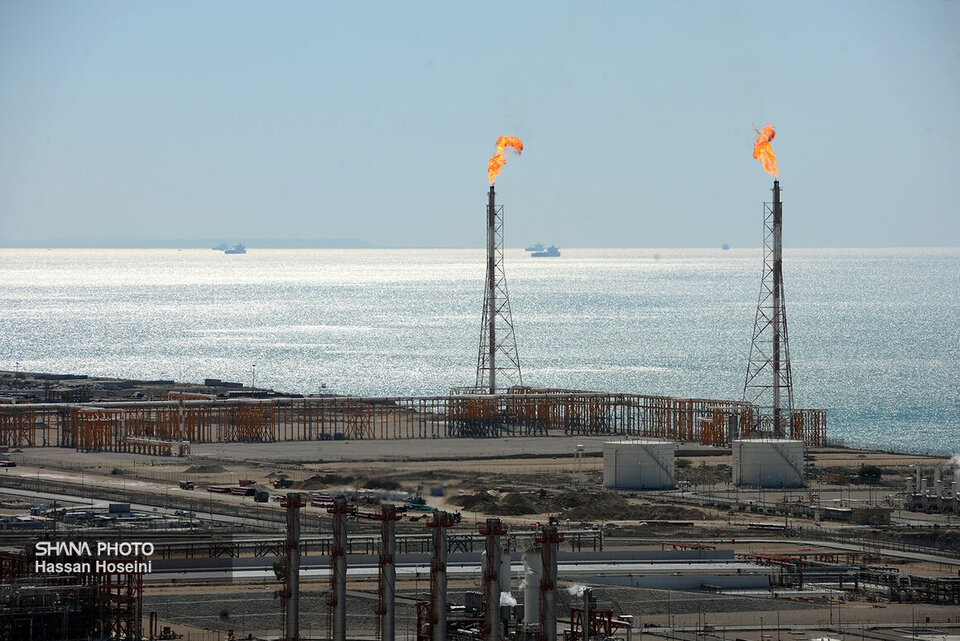Mohammad Saeidian highlighted Refinery 11’s (Phase 13) role in stabilizing Iran’s gas production, saying, “Through process improvements and domestic technology, we have reduced flaring to less than 1%—an achievement that, alongside sustaining daily gas production of 50 million cubic meters, underscored the refinery’s critical role in overcoming last winter’s challenges.”
On environmental efforts, Saeidian added, “Reducing emissions is a key commitment. Last year, we cut some flaring to zero through engineering changes—exceeding the refinery’s original design. Mid- and long-term plans are also underway to further reduce pollution.”
Regarding LPG units, he noted a major drop in gas combustion: “After addressing design flaws in propane and butane dryer regeneration units, gas burning fell from over 1 million standard cubic meters per day to under 3,000.”
Maximizing value from national resources
Saeidian said that alongside sweet gas, the refinery produces byproducts like ethane and propane. “Our mission is maximizing value from national resources, especially given the shared South Pars gas field with Qatar. This aligns with South Pars Gas Complex’s strategy through continuous process optimization and precise operational monitoring.”
He stressed the importance of maintenance: “Processing gas from offshore platforms relies on asset management, preventive maintenance, and inspections. Timely supply of chemicals and catalysts, along with expert knowledge management, reduces operational risks and boosts efficiency.”
Synergy among refineries
Saeidian cited collaboration among the complex’s 13 refineries as a strength. “Managers hold regular meetings, and refineries support each other during emergencies, with at least two designated backups per unit.”
Knowledge sharing as a core principle
“Technical knowledge exchange is a fundamental practice,” he said. “Lessons from operational challenges, especially in winter, are documented and shared. For example, Refinery 11 prepared turbines and identified critical points to avoid major issues last winter.”
On sanctions and technical constraints, Saeidian said, “Despite unfair sanctions, we’ve met technological needs through domestic expertise and local solutions. Self-sufficiency in equipment and parts ensures stable production.”
Human capital, social responsibility
He emphasized the role of skilled workers and social responsibility: “Our dedicated staff is key to meeting production goals. Hiring local talent and supporting community development remain points of pride.”


Your Comment